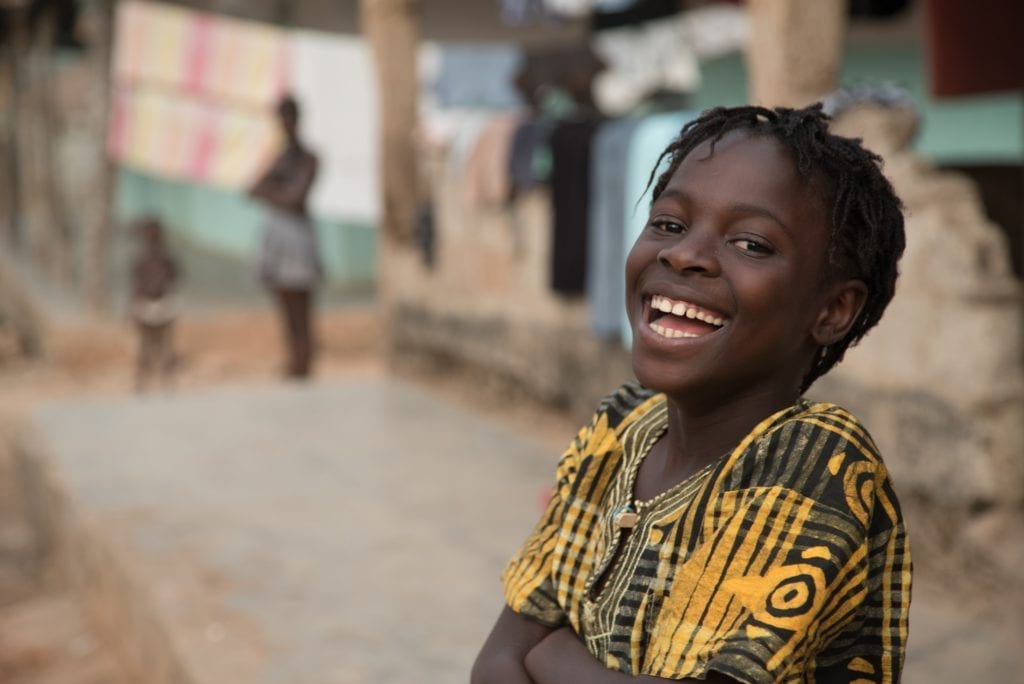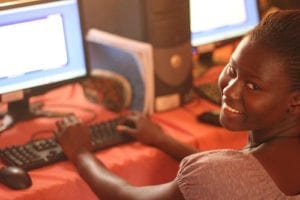For a long time, nonprofits have tried to help people in poverty through charity – by giving them things for free. Free meals, free clothes, free electricity-generating soccer balls. Free anything.
The reason is simple: unlike businesses, nonprofits are not funded by the people they serve (the homeless don’t pay for shelters, for example). Instead, they’re funded by donors. And donors want to see results – pictures of smiling children, high impact-to-dollar ratios, and low overhead costs.
So if you’re running a nonprofit, what’s the easiest way to get those donor-driven results? Through charity: Give stuff away for free! You get the smiling faces. You get the low overhead costs. And if your “impact numbers” are based on how much stuff you give away for free … well, they should be pretty high!
But all too often, charity has only made things worse. And after funding giveaways that go to the same people year after year, donors start to wonder if they’re really making a difference. (Watch this video from Hope International to see an example of how both the donor and the receiver often get disillusioned and discouraged by continuous charitable handouts.)
Thankfully, donors are starting to realize that there’s a smarter way to help people in poverty – by giving opportunity. Specifically, the opportunity to earn a reliable income through work.
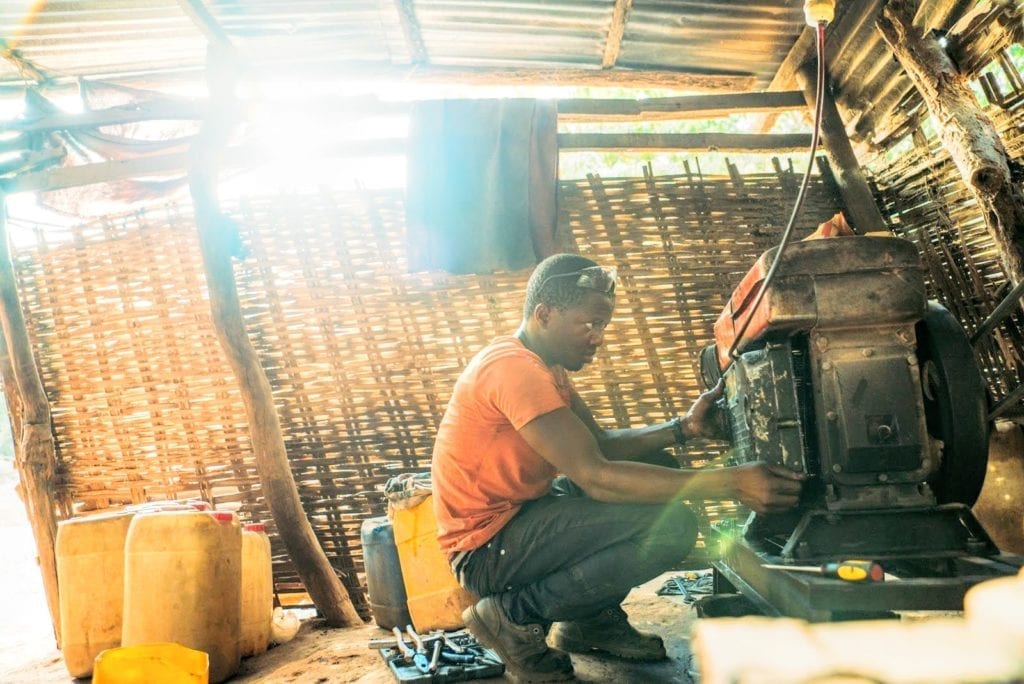
Many donors have discovered that giving opportunity is exponentially more impactful than giving charity. That’s because charity meets short-term needs on a case-by-case basis. Meanwhile, opportunity leads to long-term transformation. And, it has a powerful multiplying effect.
Here’s what I mean: When people living in poverty are given the opportunity to earn a reliable income, it enables them to provide for both themselves and their families (including their children, who are often the focus of charity-centric nonprofits). The impact lasts a lifetime. And they no longer need daily handouts to keep them afloat.
This is true in the United States; and it’s even more true in poor regions of the world like West Africa where many people live on less than $2 a day (and where it’s common for one person with a good-paying job to provide for an extended family of 10 people or more).
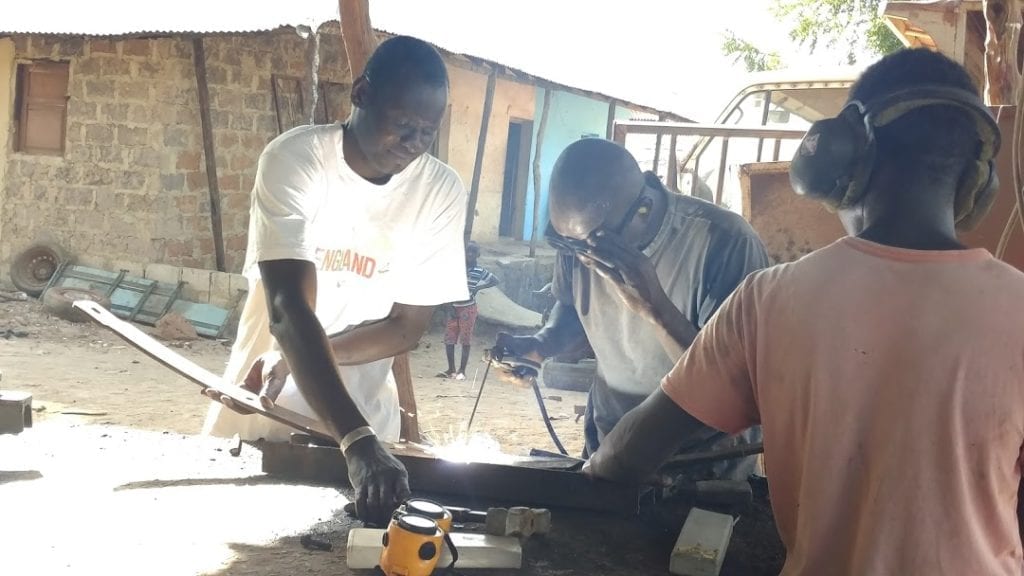
Look at Sergio, for example. For many years, Sergio’s only source of income was the few dollars he made here and there as an unskilled day laborer in West Africa. He was stuck in poverty. So he took a risk: With the little money he had saved up, he enrolled in a job skills program run by an organization I work for called West African Vocational Schools. After graduating from the welding course, he landed a job at a local workshop.
Today, Sergio’s life is much different. He’s now able to provide for himself and his family – for the rest of his life!
“Before, it was difficult to earn money,” Sergio told me. “But when you have a professional skill, it’s easier to earn an income because you’re able to depend on yourself.”
Sergio’s self-confidence comes from knowing that he accomplished this himself. So that’s why students must pay tuition to attend WAVS vocational schools (generous donors subsidize the cost to keep tuition affordable). This is in line with a very simple “opportunity-over-charity” organizational value that we hold: We never give away anything for free.
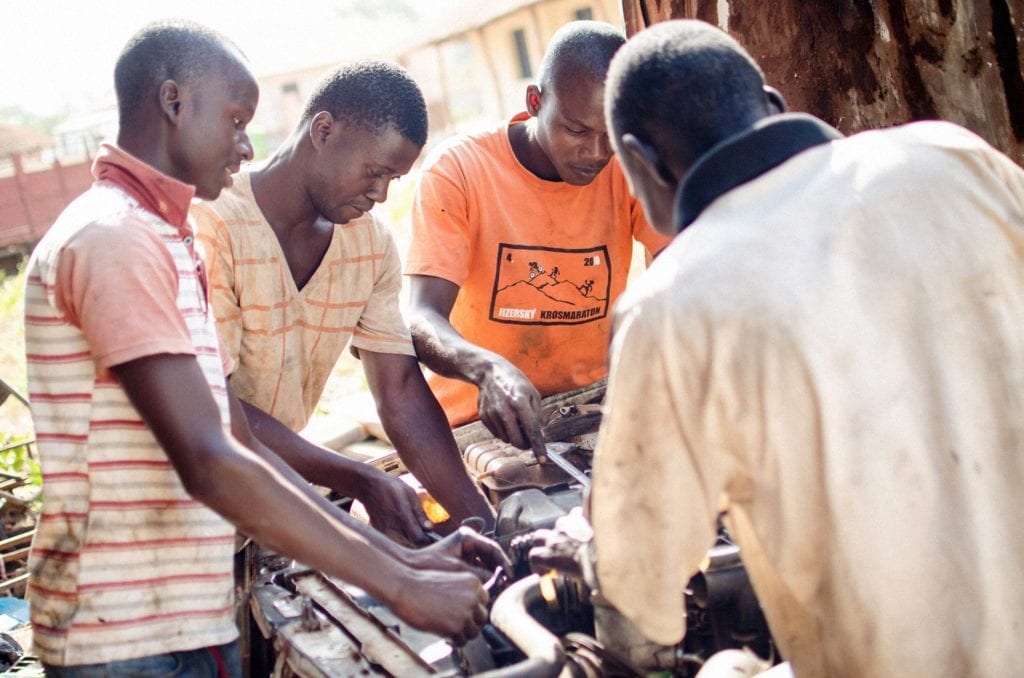
When I talk to donors, I love to tell them about the stories that they won’t hear five or ten years from now because they chose to give opportunity (instead of charity). They won’t hear about a young girl who needs a donor to pay for her school fees because her parents can’t afford it. They won’t hear about a young boy who died of typhoid because his family couldn’t pay for medicine. They won’t hear about a malnourished baby whose mother isn’t able to provide for him.
They won’t hear about these charity cases because they never happened. These donors already gave something that allowed those families to thrive on their own: they gave opportunity.
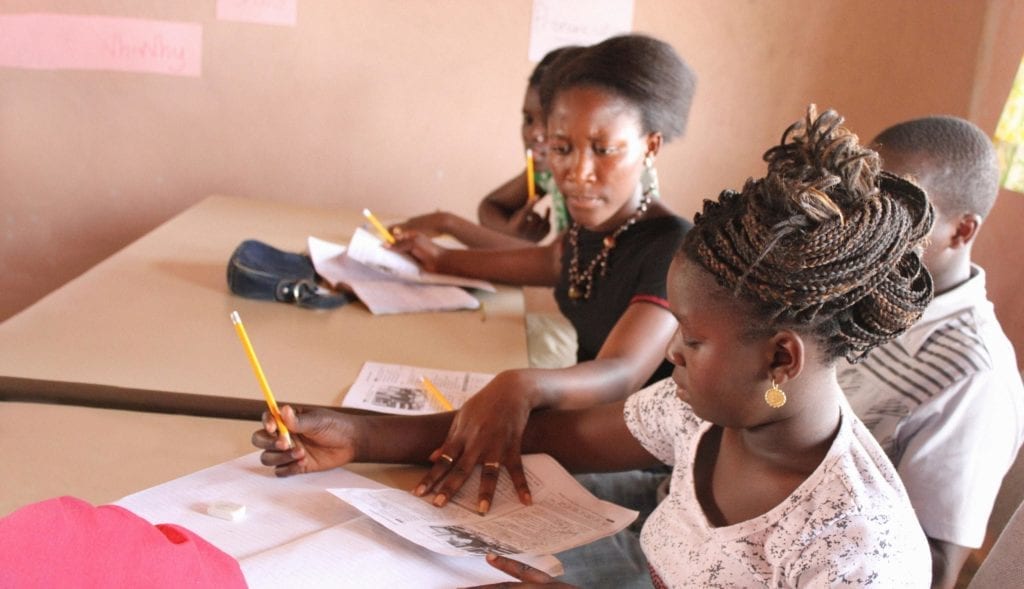
Get the [free] Approaching Poverty 7-Day Devotional

This 7-day devotional will walk you through understanding why poverty exists, why we should help, and how we should help.
Each day will include scripture, a written reflection, and a mixture of reflection questions or connecting stories from the ground in Guinea-Bissau.
"*" indicates required fields

